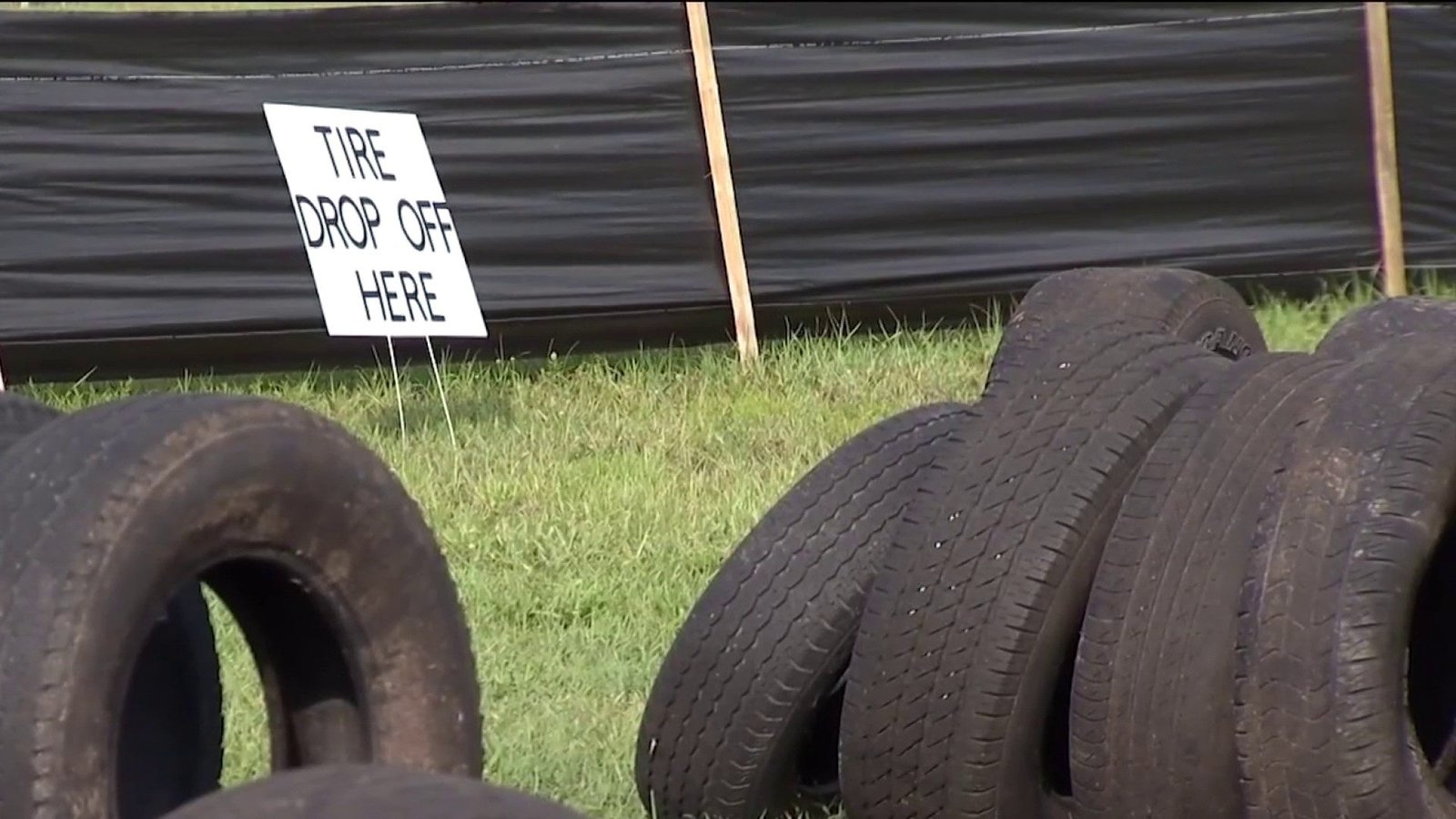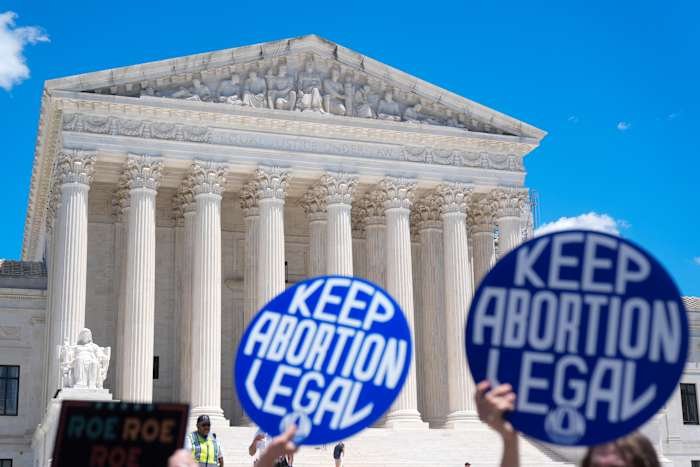With summer fast approaching, Central Florida residents are preparing for the heat, humidity, and unfortunately, the return of pesky mosquitoes. Mosquitoes are more than just a nuisance—they pose a real public health risk by carrying diseases such as West Nile virus, Zika, and Eastern Equine Encephalitis. One major, yet often overlooked, breeding ground for these insects is discarded tires. Fortunately, Brevard County is stepping up its fight against mosquitoes with its annual “Tire Amnesty Week,” a free tire disposal program that not only helps residents clean up but also protects the entire region, including the Orlando metro area, from increased mosquito activity.
Understanding the Mosquito-Tire Connection
Old tires aren’t just unsightly; they’re a mosquito magnet. When tires are left outside, they collect rainwater and become the perfect place for mosquitoes to lay eggs. A single discarded tire can host hundreds of larvae, and with Orlando’s subtropical climate, these tiny pests can quickly multiply. Because mosquitoes don’t recognize county lines, an outbreak in Brevard can easily impact nearby communities, including those in the Orlando area.
This interconnectedness makes it essential for all Central Floridians to take preventative measures, and Brevard’s Tire Amnesty Week is a prime example of a community-driven solution that benefits the entire region.
What is Tire Amnesty Week?
Tire Amnesty Week is a special initiative organized by Brevard County’s Mosquito Control Department. During this event, residents are encouraged to bring their unwanted tires to designated drop-off locations for free, no-questions-asked disposal. The goal is simple: eliminate potential mosquito breeding habitats before the summer swarms hit their peak.
The program typically runs for one week each spring, strategically timed before the rainy season begins. By removing tires from yards, vacant lots, and roadsides, the county is working proactively to reduce mosquito populations and improve public health outcomes—not just for Brevard, but for neighboring counties like Orange and Seminole as well.
How Does the Free Tire Disposal Program Work?
Participating in Tire Amnesty Week is easy. Here’s how it works:
- Eligibility: The program is open to all Brevard County residents. If you live in Orlando but own property or manage land in Brevard, you’re encouraged to participate as well.
- Drop-off Locations: Several locations across Brevard County serve as collection sites. These are typically at county facilities or waste management centers. Check Brevard County’s official website or their Mosquito Control Department’s page for up-to-date locations and hours.
- Accepted Items: Residents can bring up to a set number of car or light truck tires (usually up to 10 per household) for free disposal. Rims are often accepted, but it’s best to confirm specifics before heading out.
- No Proof of Residency: In most cases, you won’t need to provide proof of residency, removing barriers for those eager to help the environment and their community.
This simple process empowers residents to not only clean up their properties but also play a direct role in controlling the mosquito population across Central Florida.
Why Tire Amnesty Week Matters For Orlando
While the program is based in Brevard County, its impact ripples through the entire region. Mosquitoes know no boundaries, and the same species found in Brevard often make their way to Orlando and surrounding areas. By helping Brevard residents dispose of tires safely, Orlando locals indirectly protect themselves from increased mosquito populations and the diseases they carry.
Additionally, tire amnesty programs offer environmental benefits beyond mosquito control. Proper tire disposal prevents illegal dumping, reduces fire hazards, and supports recycling initiatives. These efforts contribute to a cleaner, safer, and more attractive Central Florida for everyone.
Orlando residents can also take inspiration from Brevard’s proactive approach. If you see tires dumped illegally or accumulating water in your neighborhood, contact Orange County’s Environmental Protection Division or your local waste management agency to report the issue and inquire about similar programs in your area.
Tips to Prevent Mosquito Breeding in Your Own Yard
Even outside of Tire Amnesty Week, there are steps everyone can take to minimize mosquito breeding:
- Regularly empty and scrub any containers that collect water, such as flower pots, buckets, or birdbaths.
- Store unused tires indoors or under a tarp to prevent water accumulation.
- Clean gutters and drain pipes so water doesn’t pool.
- Report illegal dumping or large accumulations of tires to your local authorities.
By staying vigilant, Orlando residents can keep their homes and neighborhoods safer and healthier year-round.
Conclusion: Join the Effort to Fight Mosquitoes This Summer
Brevard County’s Tire Amnesty Week is a shining example of how local action can have a broad positive impact on public health and the environment. By removing discarded tires, we reduce mosquito breeding grounds and make our communities safer for everyone—from Brevard to Orlando and beyond.
Are you planning to take part in a tire disposal event this year? Do you have tips for keeping mosquitoes at bay in Central Florida? Share your thoughts and experiences in the comments below! Your input helps us all stay informed and prepared as mosquito season heats up.
















